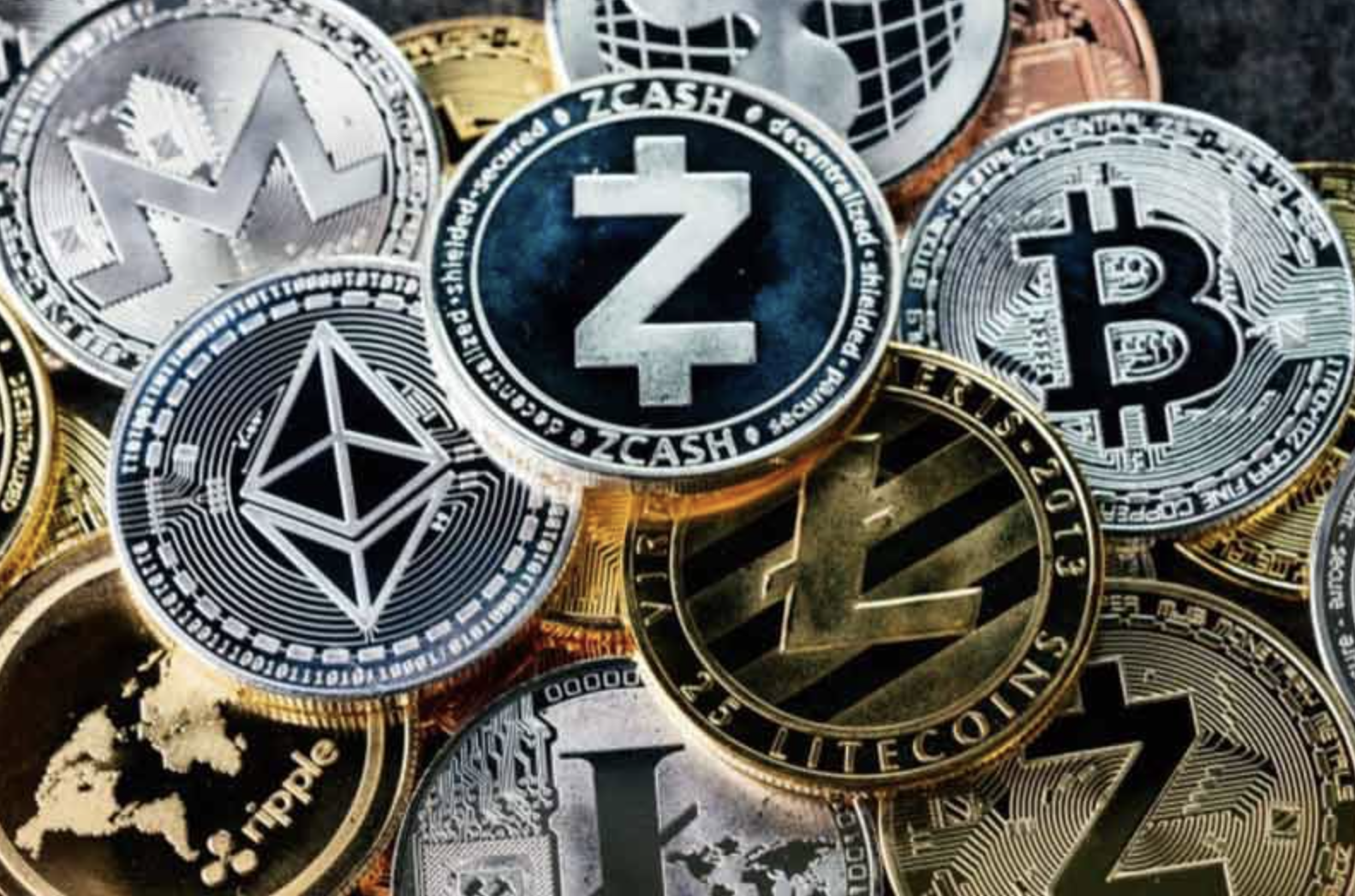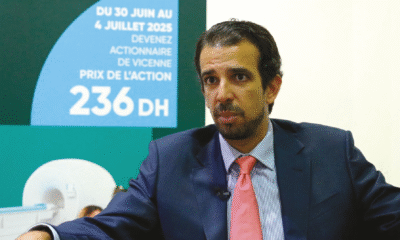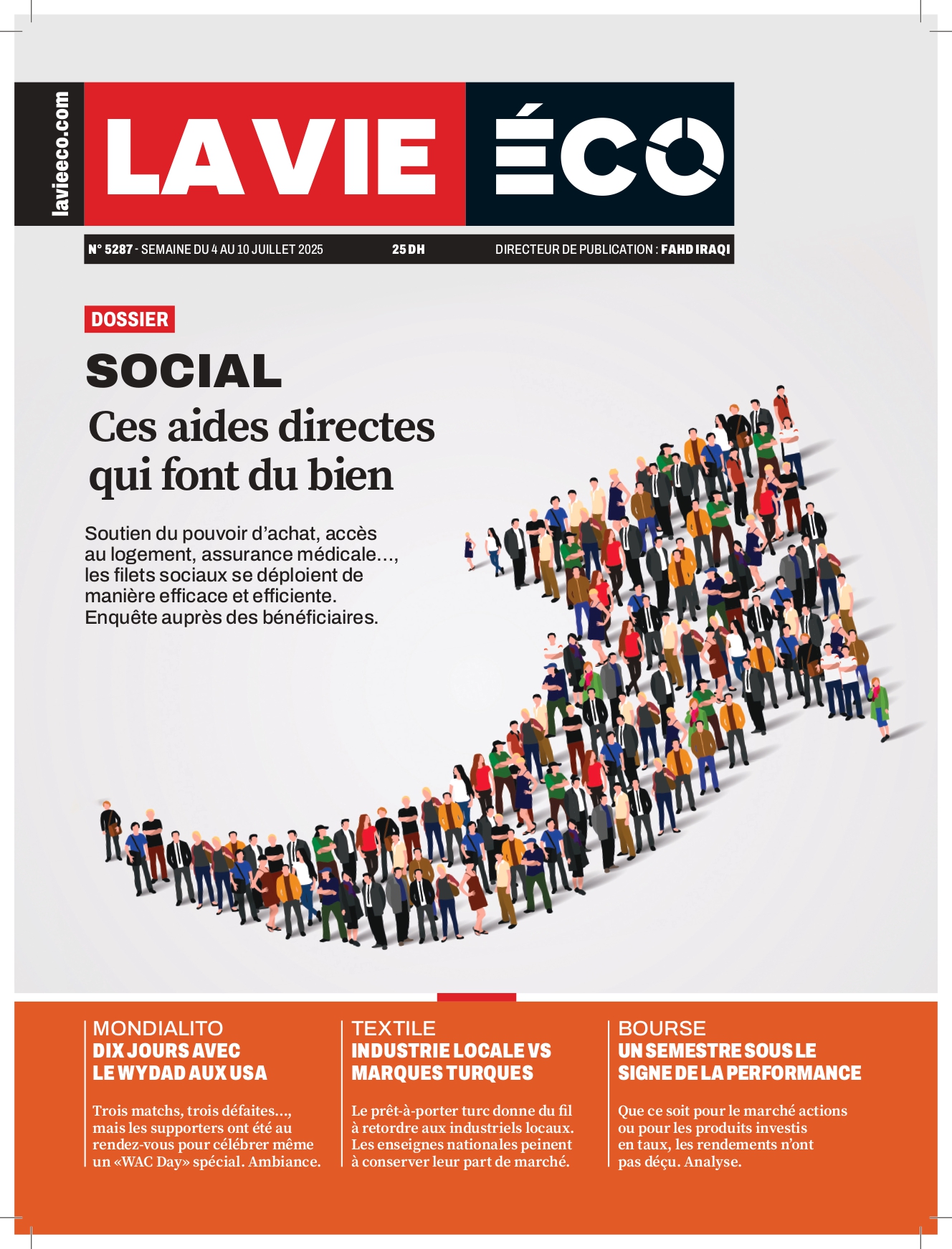Kingdom
Crypto-Assets: Key Regulatory Stakes
Several benefits would result from the establishment of a legal framework to regulate crypto-assets in Morocco. Regulatory pitfalls are also to be avoided in the bill already introduced for adoption. Insight.

Recent statements by the governor of Bank Al-Maghrib, Abdellatif Jouahri, at the end of November, clearly demonstrate that the Central Bank is not indifferent to the emergence of new dynamics affecting major international markets.
The election of Donald Trump, a fervent supporter of cryptocurrencies, as the president of the United States, boosted the value of Bitcoin, currently around $100,000. Furthermore, the election of the 47th American president has reignited discussions in several countries (including Morocco) regarding the legal aspects, benefits, and inherent risks of using cryptocurrencies, as well as the need for tailored regulations for this virtual asset industry.
“Bank Al-Maghrib, with the involvement of all stakeholders and support from the World Bank, has prepared a draft law regulating crypto-assets that is currently in the adoption process” revealed the Governor of BAM in his latest statement.
That being said, the bill on which ACAPS and AMMC have also worked is generating high expectations among national experts in cryptocurrencies and blockchain.
Although the use of cryptocurrencies has been banned in Morocco by BAM due to the risks they pose to investors (such as loss of investment without recourse) and criminal activities (money laundering, terrorism, etc.), the country is ranked 27th according to Chain Analysis, a leading platform for analyzing data related to crypto-assets.
For Badr Bellaj, a blockchain and cryptocurrency expert, establishing a legislative framework in Morocco has become a necessity. This is due to the growing interest of young Moroccans in crypto-assets and the election of Trump, which is expected to reshape the use and adoption of cryptocurrencies on an international level.
“Beyond the tax benefits, the legal framework will enable the state, through the authorization of platforms operating in Morocco, to better combat money laundering and criminal activities that may be fueled by crypto-assets,” explained the founder of MChain, who has high hopes for the draft law regulating crypto-assets in Morocco.
According to a specialist consulted by “La Vie éco,” for a country like Morocco with no prior experience in regulating and legally using crypto-assets, an evolutionary approach is recommended for building the legal framework in this field.
“To start with, the regulation should focus on the use of crypto-assets in a specific context, particularly their possession by individuals through authorized platforms operating in the Kingdom. In a subsequent phase, the scope can be expanded to cover the possession of cryptocurrencies by businesses and decentralized finance,” suggested the expert, warning against the counterproductive effects of an overly broad law that fails to set the course for future developments.
The expert also emphasized that the regulatory authorities must bear in mind that the draft law is just the beginning of a long process.
Obstacles to avoid
Therefore, according to the expert, the authorities must ensure that the future legal framework first regulates a portion of the cryptosphere. A very broad industry that also includes stablecoins, decentralized finance, and tokens.
International benchmarks lend further relevance to the arguments of our source, as European legislation in this area regulates some aspects while only mentioning others. As a reminder, the European regulation on crypto asset markets, known as MICA, came into effect in June 2023. From December 30, 2024, a harmonized European framework will replace national regulations. This is intended to govern the public offering and admission to trading of tokens, the provision of services on crypto-assets by providers, as well as the prevention of market abuse.
Emphasizing the critical nature of the anticipated first pillar of the legal framework in Morocco, our expert cautioned against several pitfalls that could hinder the successful launch of the crypto-asset industry.
Legal uncertainties, lack of clear definitions of the roles and competencies of regulatory authorities, inconsistency with existing laws, and numerous provisions open to multiple interpretations are identified as obstacles to avoid, according to our source.
“A clear law governing well-defined areas would be an excellent start for cryptocurrency activities in Morocco,” summarized the head of MChain, whose blockchain solutions are utilized by major national entities in Morocco (Tanger Med, BCP, etc.).
Other pitfalls to avoid in the draft law, which should be seen as the first step in a positioning strategy according to Badr Bellaj, include overly rigid provisions that could stifle financial innovation of international companies or Moroccan startups.
Similarly, our source cautioned against the adverse effects of simply mirroring European legislation without adequately considering the economic and financial maturity level of Morocco, which differs significantly from that of Europe, a continent with advanced economic and financial maturity.
In conclusion, the above highlights the central importance of legislation concerning crypto-assets, which offer proven advantages for users and states but also carry risks that only well-thought-out legislation can mitigate without hindering innovation.













